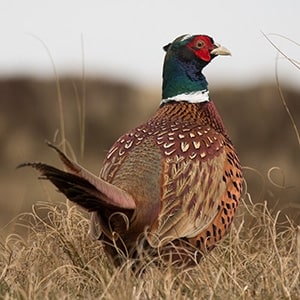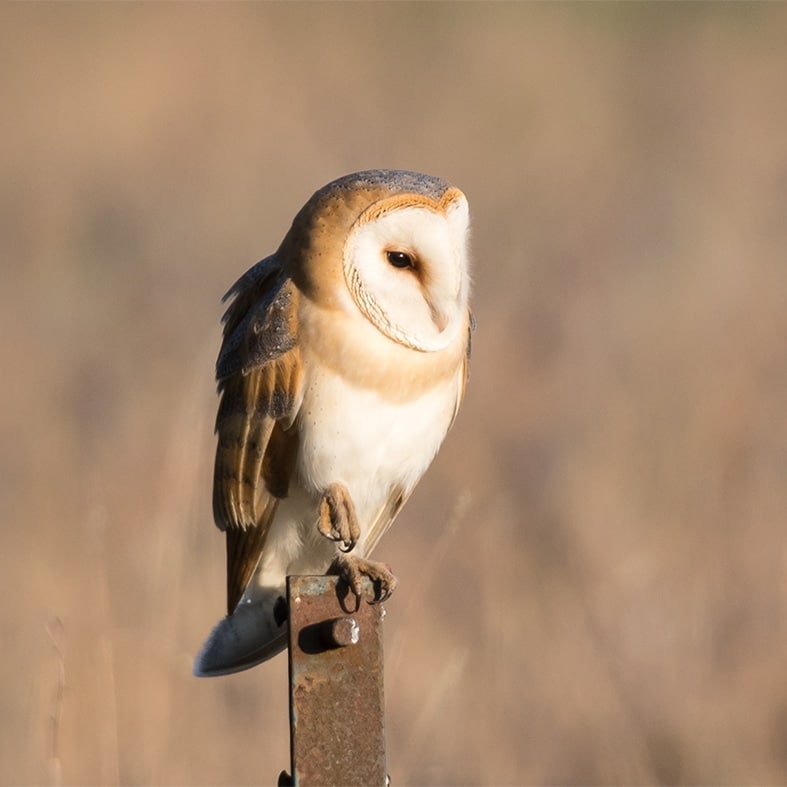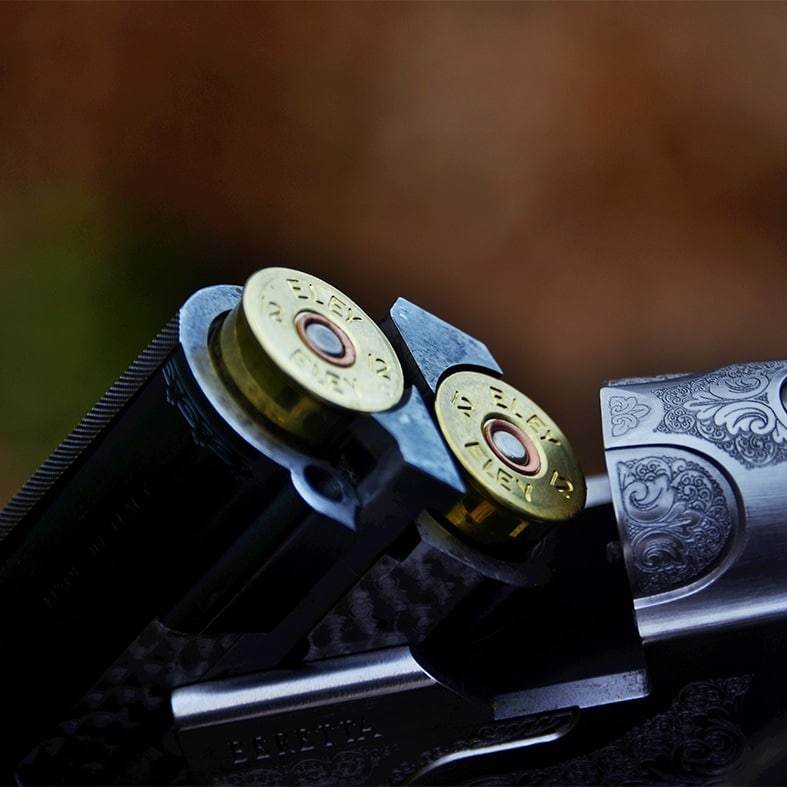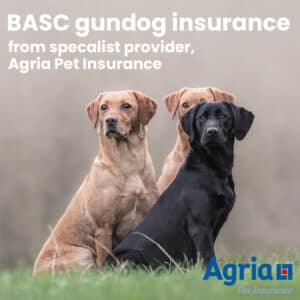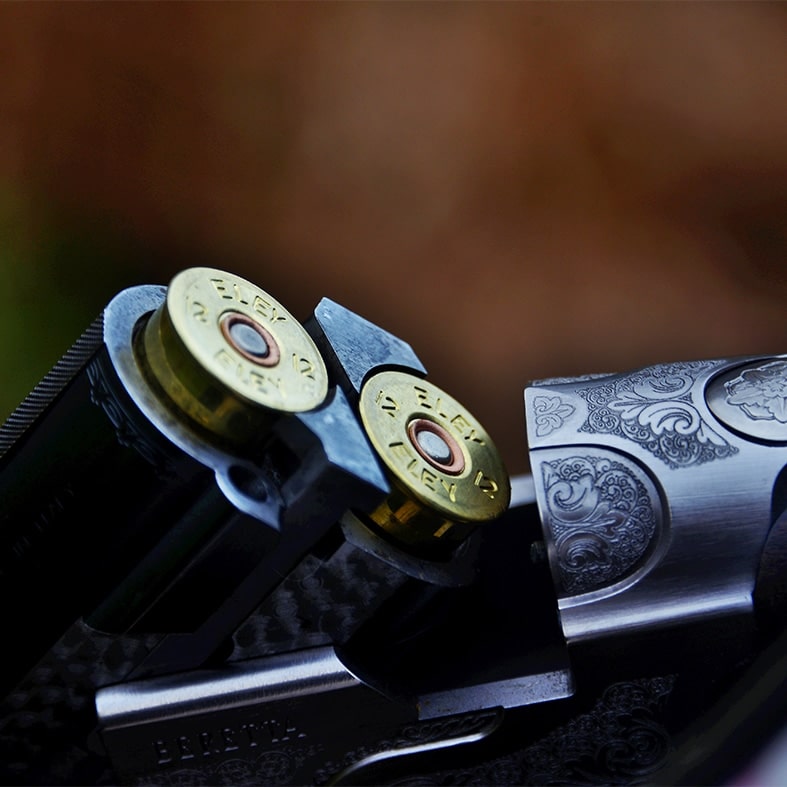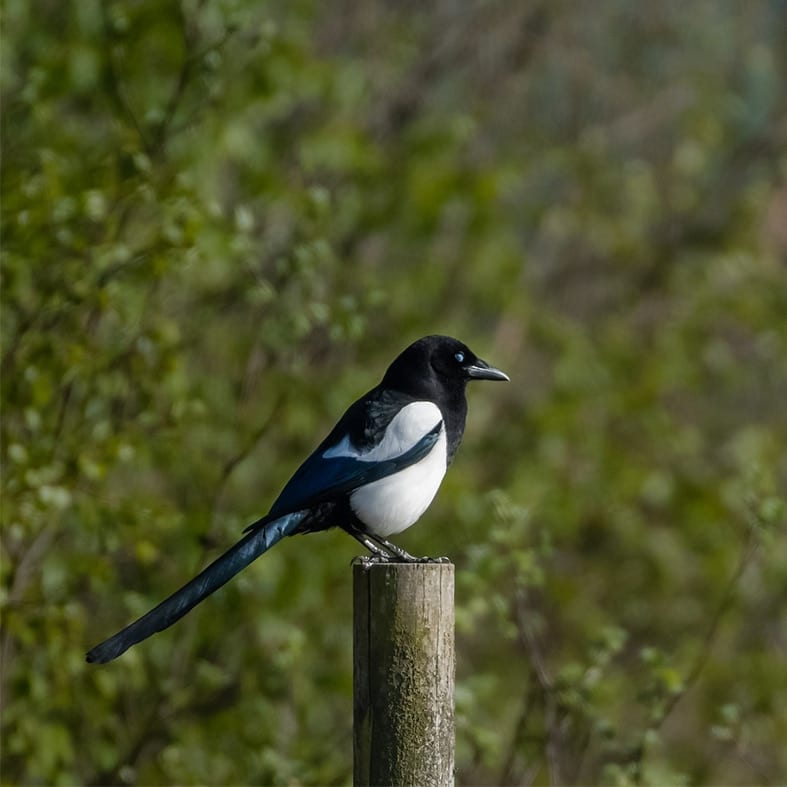BASC SW
Unit 1D, Dulford Business Park, Cullompton, Devon, EX15 2DY
Category:
Health Testing Clinics
Most of us want the best for our dogs, particularly if they work or we want to breed from them. There are health tests that are recommended eyes and hearts being just 2
We have therefore arranged to have clinics for the above at our offices in Cullompton on 31st Aug. Any breed welcome
Heart £25 per dog
Eyes £41 per dog
Payable in cash on the day.
Booking through julia.birchall-mann@basc.org.uk
****NEWS*****
Petagenics will also be attending this event offering a full range of canine DNA testing at favourable costs.
for more information https://petagenics.co.uk/
Eyes
There are many types of eye disease, both congenital (conditions that exist from birth or soon after birth) and non-congenital (conditions that develop later in life), that affect dogs. Many of these conditions can have serious effects on health and welfare, causing pain, blindness, or the need for lifelong medication, and should be taken into consideration when breeding dogs.
The KC recommend breeders submit dogs for annual eye examinations as some diseases have late onset of clinical signs.
The Eye Scheme is based on a clinical eye examination undertaken by expert veterinary surgeons. The exam identifies both inherited and non-inherited eye conditions. The results of eye examinations can then be used to make breeding decisions.Owners can also use the Scheme as an annual eye check for their dogs so that future management can be optimised and to flag potential problems in the future.
DNA tests, when available, should be used in conjunction with the Eye Scheme.
Heart testing aims to:-
To identify dogs free from any cardiac abnormality
To confirm the cause of heart murmurs or abnormal rhythms by further investigation of affected animals
To collate data for investigation of a possible genetic basis to a specific heart problem in a given breed by a breed club nominated person, geneticist or veterinary surgeon
To advise the owner, breeder and dog’s veterinary surgeon when an abnormality has been identified and recommendations about any further investigation, if indicated
